SUMMARY
This is AI generated summarization, which may have errors. For context, always refer to the full article.
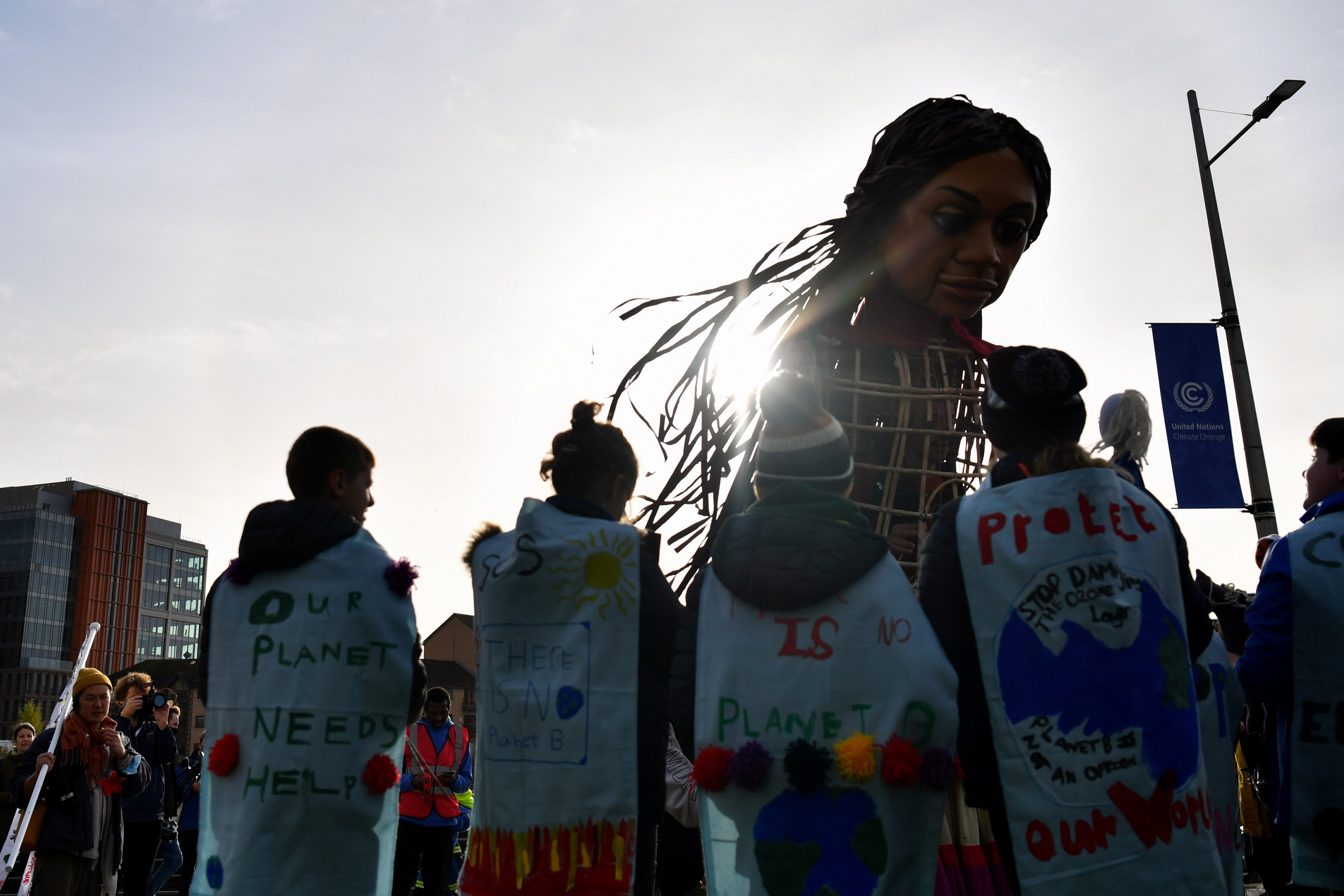
The latest draft of the COP26 climate summit deal, published on Friday morning, November 12, has ignited negotiations on the final scheduled day of the conference, where nearly 200 countries are attempting to clinch an agreement to avert disastrous global warming.
Here’s what the draft, drawn up by the British hosts of COP26, includes:
New climate pledges
The COP26 summit aims to keep alive the 2015 Paris Agreement’s aspirational target to cap global warming at 1.5ºC and avoid its most disastrous impacts.
Countries’ current pledges to cut emissions this decade would see warming spiral far beyond that limit, to 2.4ºC.
To attempt to bridge the gap, the draft COP26 deal asks countries to upgrade their 2030 emissions-cutting plans by the end of 2022 – a faster timeframe than the UN’s current five-year review cycle.
However, it couched that request in weaker language than a previous draft, and failed to offer the rolling annual review of climate pledges that some vulnerable countries have pushed for.
The United States and European Union have both said they could support a faster review, but others say an annual ratchet would be a bureaucratic burden.
The latest version said the upgrade of climate pledges should take into account “different national circumstances.”
That refers to the differences between rich and poor countries, and could placate developing countries that say the rich countries should cut emissions and quit fossil fuels fastest, since they are largely responsible for causing climate change.
Government ministers will also meet every year to check in on efforts to raise pre-2030 ambitions, the draft says.
More money
The issue of finance is widely seen as the biggest obstacle to clinching a deal at COP26. Poorer countries say they cannot afford to cut emissions faster, or adapt to worsening climate-related disasters, unless richer countries give them more financial support.
The draft deal said by 2025 rich countries should double their funding to help poor countries adapt to climate impacts, compared with current levels – a step forward from the previous draft, which did not set a date or a baseline. Currently, only a quarter of countries’ climate finance goes on adaptation.
But the proposal remained foggy on how to fix a long-held pledge for rich countries to give poorer countries $100 billion a year in climate finance by 2020 – a deadline they missed and now expect to meet in 2023.
The draft COP26 deal expressed “deep regret” at the missed $100 billion target, but did not spell out a plan to make sure the money arrives.
The draft also broached the contentious topic of compensation for the damages countries have suffered because of climate change. The draft deal would launch a new “facility” to address those damages, but it does not specify if this would include new funding.
Vulnerable countries had specifically asked for a new loss and damage fund – a proposal resisted by the United States and other rich nations – and on Friday said they would fight for a more ambitious deal on loss and damage funding.
Fossil fuels
The draft text took aim at the burning of coal, oil and gas, telling countries to phase out coal power and fossil fuel subsidies faster, although without setting a date to do so.
That would mark the first time fossil fuels are named and shamed in the conclusions of a UN climate summit – a contentious move that Arab countries, many of which are big producers of oil and gas, had objected to in an earlier draft.
The latest proposal qualified a previous draft by saying countries should phase out “unabated” coal power – the dirtiest form of power – and “inefficient” subsidies for all fossil fuels, meaning coal, oil and gas.
Some campaigners said the new wording was a loophole to keep funding polluting projects, but other analysts said it would be difficult for countries to argue that fossil fuel projects – which cause huge costs in health and environmental impacts – are anything but “inefficient.” – Rappler.com
Add a comment
How does this make you feel?
![[OPINION] Fossil fuel debts are illegitimate and must be canceled](https://www.rappler.com/tachyon/2024/04/IMHO-fossil-fuel-debt-cancelled-April-16-2024.jpg?resize=257%2C257&crop_strategy=attention)
![[WATCH] John Kerry: You can’t solve climate crisis without addressing ocean’s challenges](https://www.rappler.com/tachyon/2023/12/cop28-united-states-john-kerry-december-2-2023-reuters-001.jpg?resize=257%2C257&crop_strategy=attention)

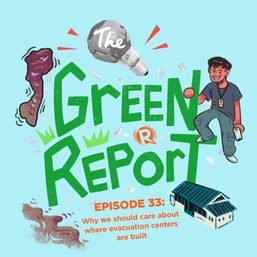
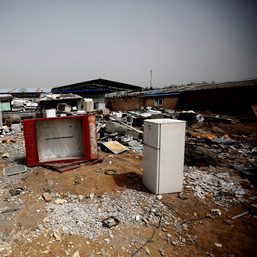
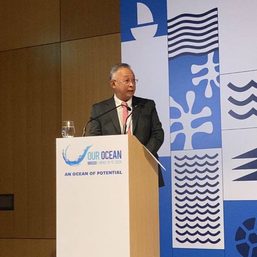



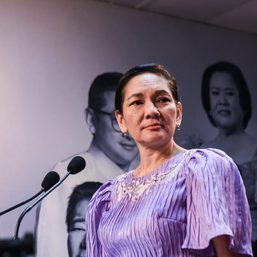
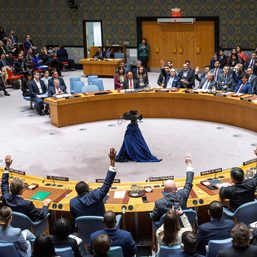
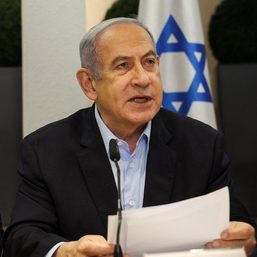
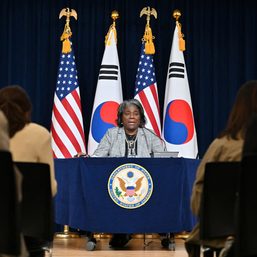

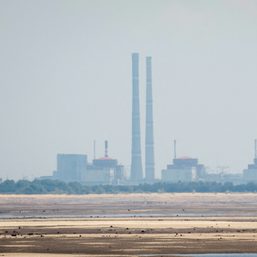
There are no comments yet. Add your comment to start the conversation.